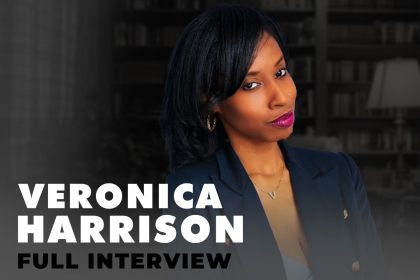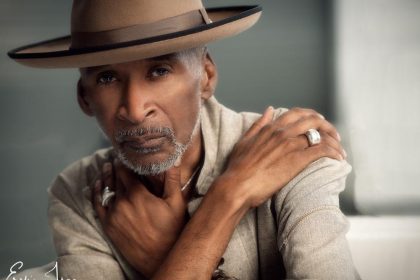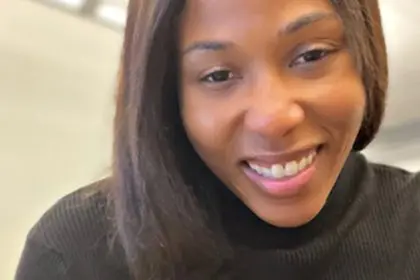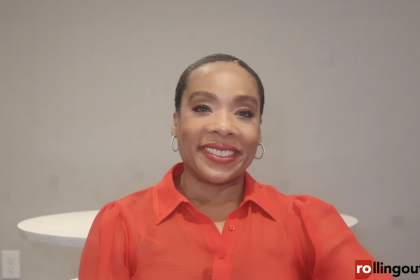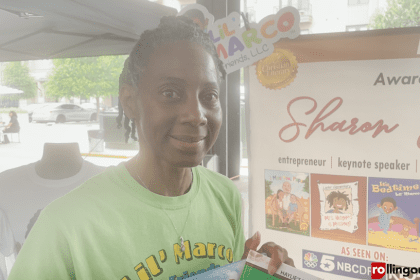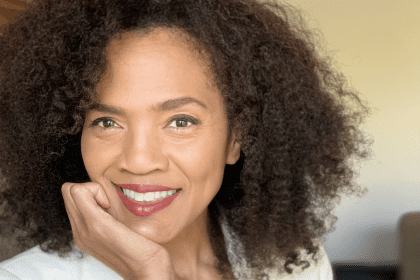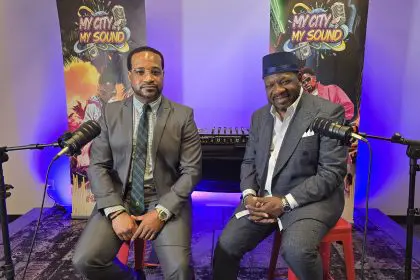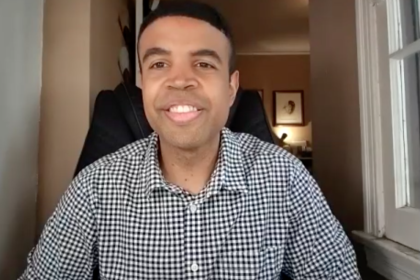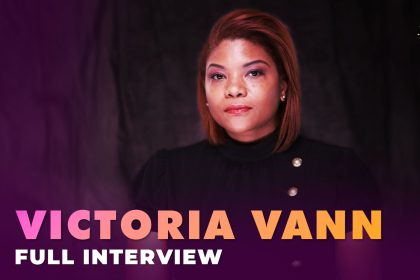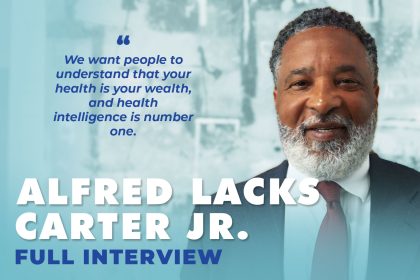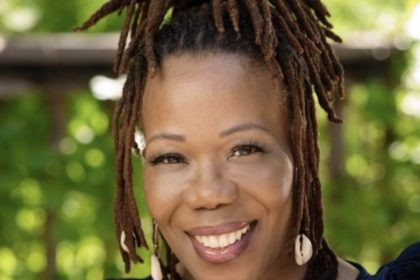In Tedrick Thurmond’s latest book, Child Support: The R.E.D.D.Y Method, the educator and author presents a transformative approach to education. Through his innovative R.E.D.D.Y. (Relationship-building, Encouragement, Developing strengths, Discovering potential, and Yielding positive outcomes) Method, Thurmond offers a framework for educators and students to thrive in today’s educational landscape.
Thurmond spoke with rolling out about his inspiration for the book, the R.E.D.D.Y. method, and advice he would give young students.
What inspired you to create this book?
Originally, it was supposed to be an autobiography. I was basically telling my story growing up. I can’t say typical, but a lot of us young Black men, experienced the hood, drugs, and gang affiliates, and those were the things that were in my face, and I was going to talk about getting through adversity. It actually shifted. I ended up going with a ghostwriter. The ghostwriter was interviewing me, and we were just talking having just a regular interview session, and as he was picking my brain, he was like, “Man, you mastered the skill of building great relationships with your students, parents, and the community. You are a relationship builder.” I said, “Oh, I am?” It’s one of those things.
It was going in one direction as I was thinking about it. The name of the book wasn’t even Child Support, and I didn’t even really have the name of the book at that time. I ended up not even finishing with the ghostwriter; I finished by myself, but as I was putting things together, I started grabbing things that I learned, not only as an educator because I am an educator, but from educators who taught me from probably first grade up until my college days, and I mentioned all of those people in the book. I saw all those people that inspired me, all of those teachers and the educators and community leaders that poured into me. I took bits and pieces of them and kind of bottled it up, and that’s how I came out with the book.
Why should young Black men have safe spaces to be vulnerable?
Vulnerability is key. Once you feel safe by having a strong relationship, now you can be vulnerable. Once you get to the point of vulnerability, now I can change the transmission, I can change the oil. Young Black men grew up and they said we have to be tough, we have to be hard, and we have to show this persona of “I’m gangsta” — whatever it may be. We’re more that way for protection; it’s not we’re that way because we want to be that way. It’s “I want to protect myself; I don’t want to feel that the next man or person has one up on me.”
I still see grown men my age still trying to have that same swagger of “I’m hard, I’m gangster,” but it’s this thing of vulnerability when I feel that our students, especially Black males, have to have someone that they can confide in, and can really pour in and pour out, and then be able to have the person to pour in and not feel that this person will run off and say something about me or this person is going to judge me or this person is going to look at me less than. I feel that when you’re in that safe place … that’s the important part for our young Black males.

